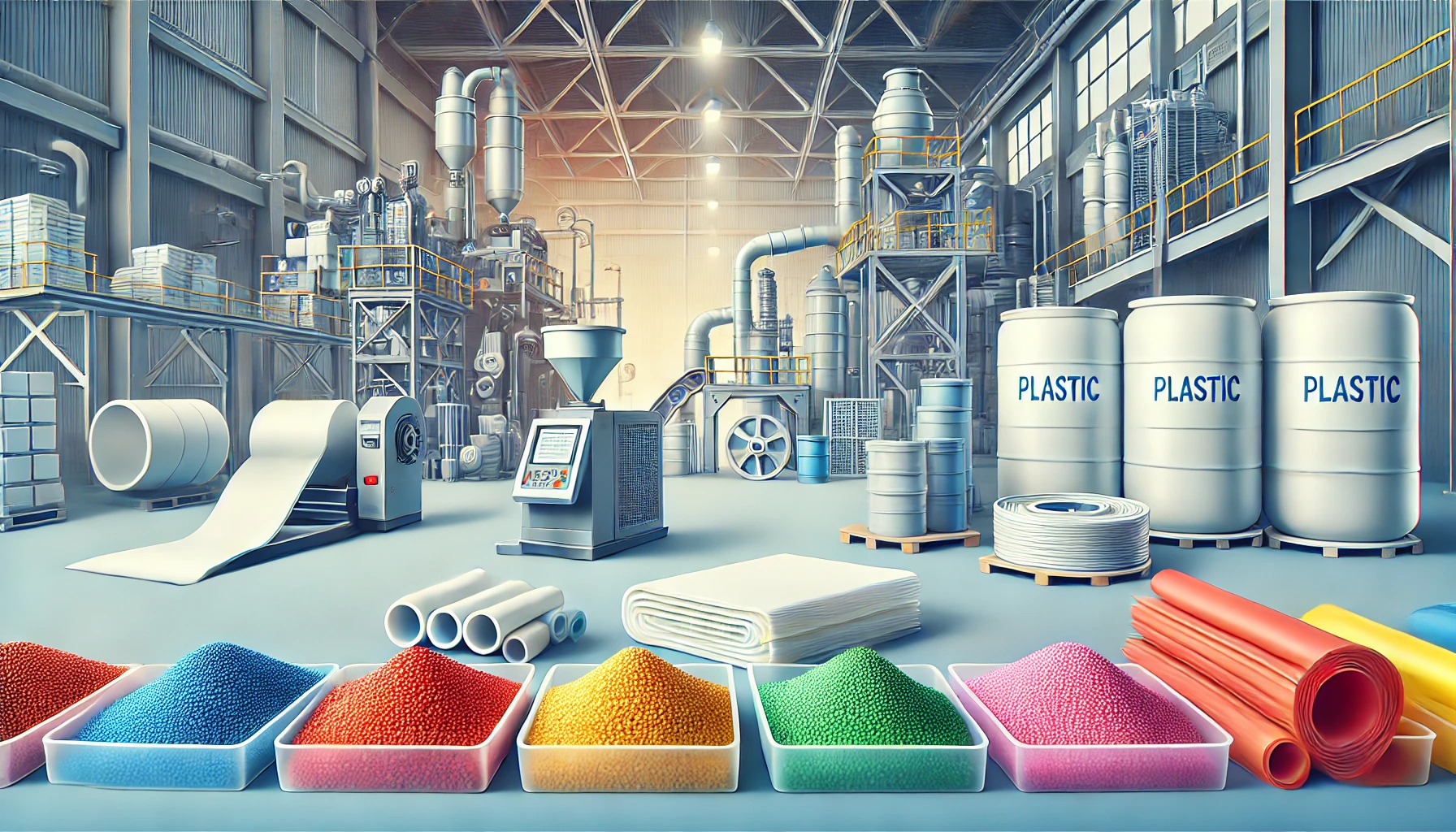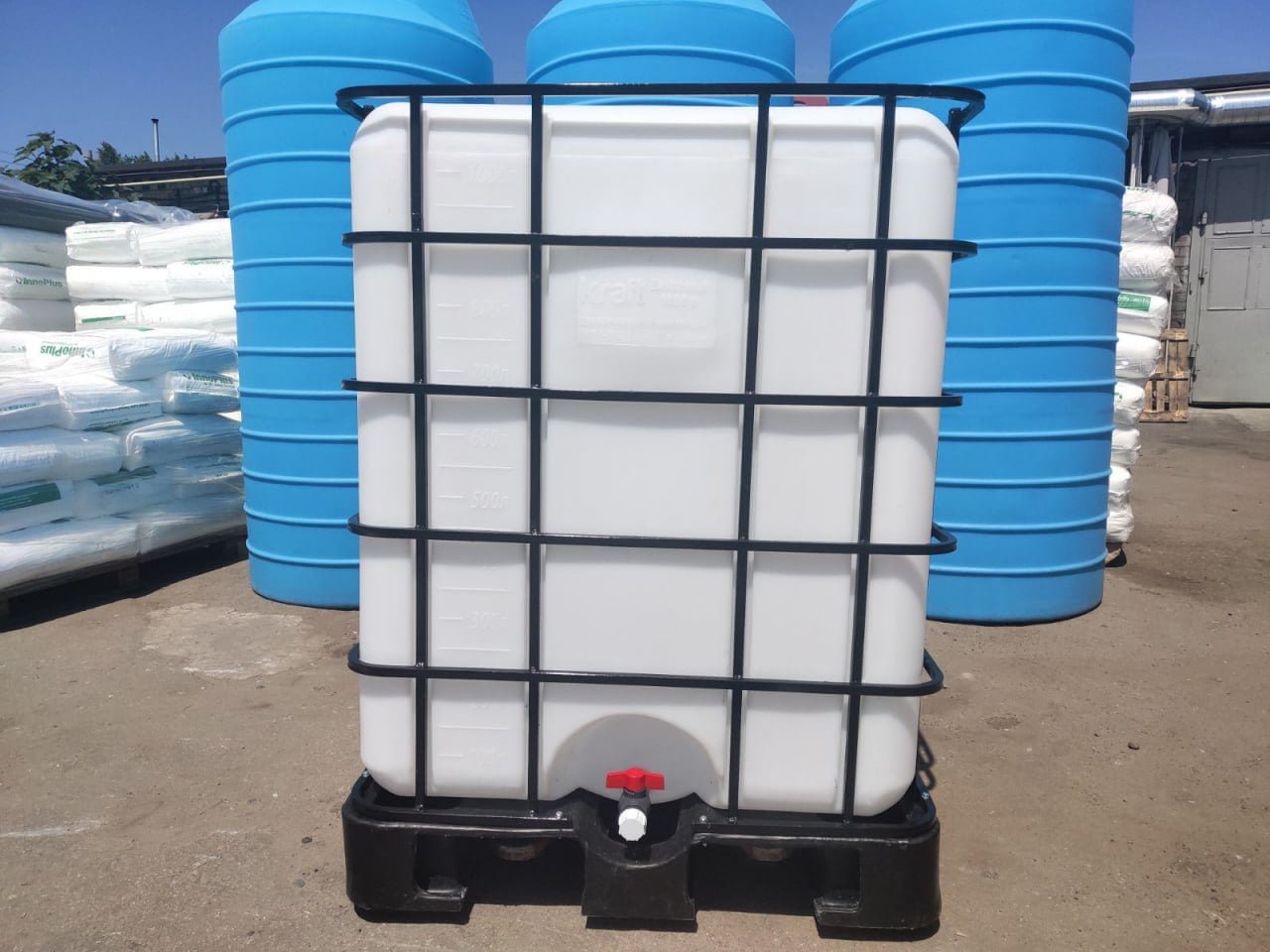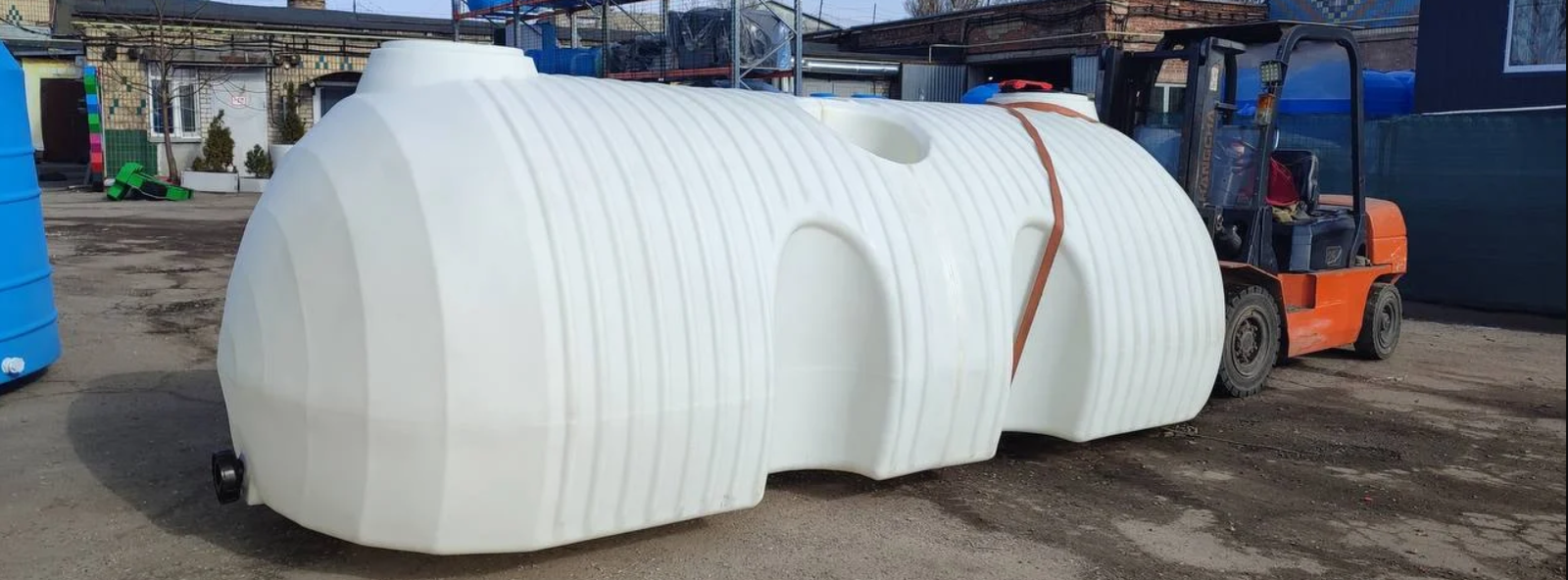Write a text – What is industrial plastic?

Plastic is used in a wide variety of activities. In fact, it is all around us. It is lightweight, durable, inexpensive, easy to process and produce. This has allowed it to become one of the most versatile materials in the world. Most plastics differ in heat resistance, physical and mechanical properties, density and structure. Industrial plastics are a separate category. These are materials with improved characteristics, produced using innovative technologies. Such plastics are able to withstand intensive use, harsh environmental conditions that usually destroy other types of materials. They are designed for high performance and are commonly used in industries such as automotive, aerospace, construction and electronics.
Properties of Industrial Plastics
The general properties of industrial plastics can be described by the following characteristics:
- Very good chemical resistance.
- Excellent impact resistance.
- Light and easy to process (polypropylene, polyethylene).
- Moisture resistance.
These characteristics make industrial plastics suitable for use in various industries.
Main Types of Industrial Plastics
Let’s look at the plastics used in industry, their benefits, and applications.
Polytetrafluoroethylene (PTFE)
Polytetrafluoroethylene (PTFE) is one of the most robust plastics and is considered a versatile material. PTFE has quite a few advantages, including a wide range of chemicals to which it is resistant. It is non-flammable, flexible at low temperatures, and relatively easy to manufacture.
PTFE is used in electronics, particularly in wire insulation, due to its beneficial properties. It can also be found in composites such as fiberglass composites used in aerospace, lubricants, and kitchenware (especially non-stick products).
Polyvinyl chloride (PVC)
PVC is strong and durable, and has excellent weather resistance, making it ideal for products such as pipes, window frames, and cables.
Polycarbonate (PC)
One of the strongest plastics, polycarbonate (PC) is as clear as glass but has significantly greater impact strength. In fact, it is thirty times stronger than acrylic plastic and two hundred and fifty times stronger than glass. It benefits from being very flexible and easy to cut or cold form on-site. Like PTFE, cold form plastic has a wide range of industrial uses. It can be found in electronics, particularly in power systems and telecommunications equipment. It is also widely used in the construction industry in sheet form and is also used in data storage equipment such as Blu-ray.
Polyethylene (PE)
PE plastic is the most popular type of plastic used in the world, and for good reason. It is easy to manufacture. Unlike other plastics, polyethylene comes in a variety of densities, making it more versatile than other types of plastic.
Polyethylene has high ductility and impact strength, and has excellent chemical resistance. In addition, it is also a good electrical insulator.
The scope of polyethylene’s use depends mainly on the density chosen. Lower density plastics are used in packaging materials such as Saran film, shrink wrap, bubble wrap, plastic bags and packaging materials. Higher density plastics are used in the manufacture of utility lines such as water and gas pipes. They are used to make containers, transport tanks and other elements.
Polypropylene (PP)
Polypropylene plastic industry is the second most produced plastic in the world after polyethylene. PP plastic is classified as one of the most flexible thermoplastics on the planet and shares many of the properties of PE plastic. In particular, this type of plastic is durable, heat-resistant, acid-resistant and affordable to manufacture.
Polypropylene is often used in the medical industry for laboratory equipment and devices. It can also be found in items such as diapers or hygiene products, where it serves to absorb moisture. Polypropylene is used to make shoes and clothes, as well as underwear. Polypropylene is used to make various containers and interior items. Industrial products made of PP plastic surround us everywhere.
Which industrial plastic is better
Each of them has its own advantages. When choosing plastic for a specific industrial project, specialists consider several factors:
- Physical properties. Strength, flexibility, heat resistance and durability. Plastics have different properties, so it is important to choose the one that meets the specific needs of the project.
- Chemical resistance. Depending on the project, you may need a plastic that is resistant to certain chemicals. Some plastics can withstand caustic substances, while others may break down when exposed to the same chemicals.
- Cost effectiveness. Budget constraints often play a major role in the decision-making process.
- Environmental impact. The sustainability of the project can also influence the choice of plastic. Specialists consider the product’s lifespan, the recyclability of the material, and the environmental impact of the manufacturing process.
Typically, a specialist can provide advice on the choice of plastic. An experienced plastic manufacturer will take into account the project’s requirements, budget, and goals, and suggest an option that meets these criteria.
It will also be interesting
Do you need a consultation?
Fill out the form and we will be in touch to answer your questions







